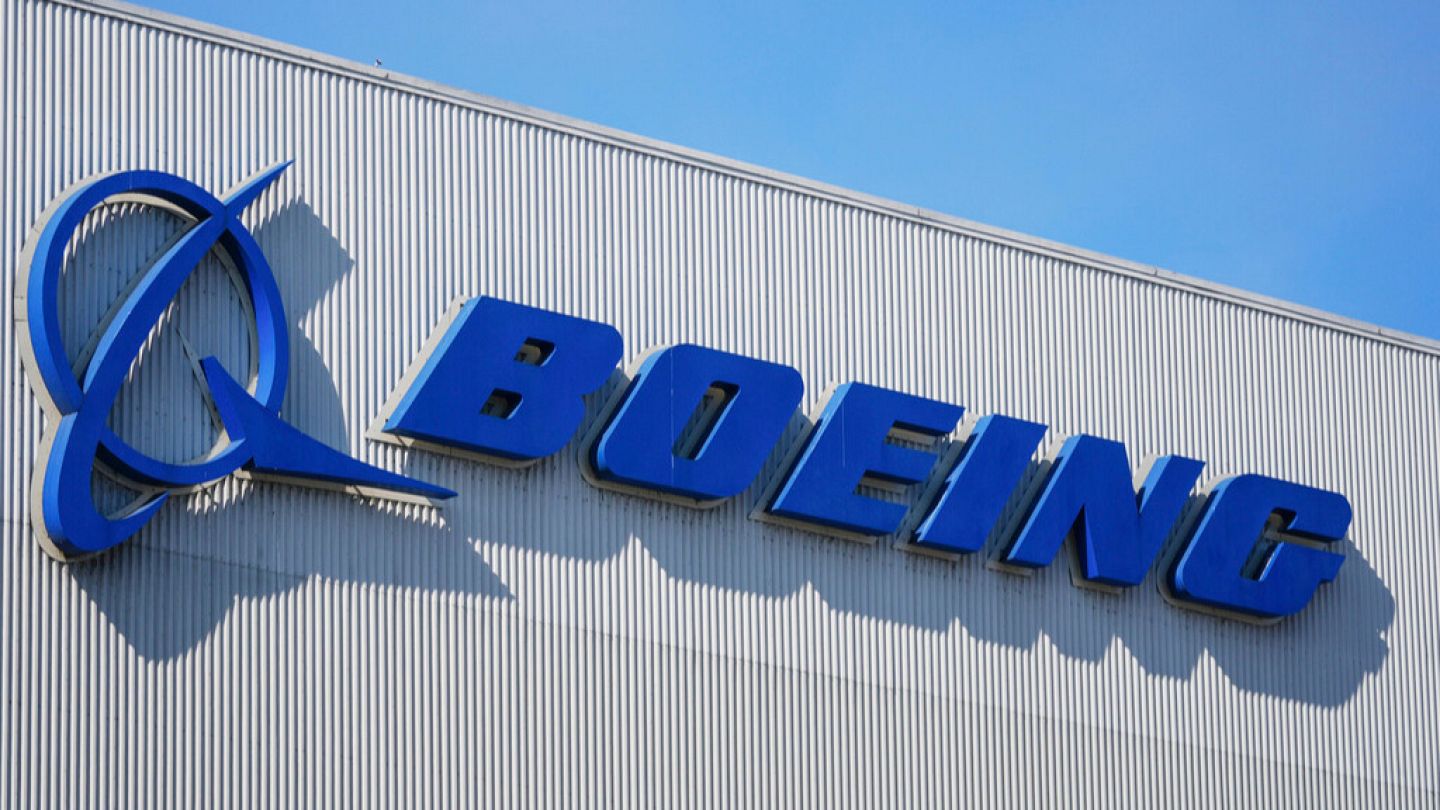Justice Department reaches tentative non-prosecution deal with Boeing over 737 Max crashes
Boeing can avoid prosecution over two fatal 737 Max jetliner crashes that killed 346 people. The decision drew criticism from crash victims' families.
The US Justice Department (DOJ) struck a deal with Boeing that would allow the planemaker to avoid criminal prosecution in a fraud case related to two 737 Max jetliner crashes that killed 346 people over five years ago. Under the tentative deal, the aerospace giant would pay more than $1.1 billion (€967.5 million), and an additional $445 million (€391 million) to the crash victims' families. In return, the DOJ agreed to dismiss a fraud case against Boeing, allowing the planemaker to avoid a criminal conviction that could jeopardise its status as a federal contractor.“We are confident that this resolution is the most just outcome with practical benefits,” a Justice Department spokesperson said in a statement.“Nothing will diminish the victims’ losses, but this resolution holds Boeing financially accountable, provides finality and compensation for the families and makes an impact for the safety of future air travelers,” they added.However, the verdict comes as a blow to some of the victims' families, who believe the monetary fine could send a wrong signal to companies on accountability regarding the safety of their products. Some relatives of passengers in the crashes have been pushing for a public trial, the prosecution of former company officials, and a more severe financial punishment for Boeing.“This kind of non-prosecution deal is unprecedented and obviously wrong for the deadliest corporate crime in US history," said Paul Cassell, an attorney on the case, adding that the families he repesents will object and try to convince the court to reject the deal. Two new 737 Max jets crashed in 2018 in Indonesia and 2019 in Ethiopia, killing 346 people after a faulty sensor reading forced the plane into an uncontrollable nosedive. Boeing was accused of misleading the Federal Aviation Administration about aspects of the Max before the agency certified the plane for flight. The planemaker did not tell airlines and pilots about the new software system, called MCAS, that could turn the plane’s nose down without input from pilots if a sensor detected that the plane might go into an aerodynamic stall.The DOJ had already charged Boeing in 2021 with deceiving FAA regulators about the software, and about how much training pilots needed to fly the plane safely. At the time, the aerospace giant was let off the hook after they agreed to pay a $2.5 billion (€2.2 billion) settlement and took steps to comply with anti-fraud laws for three years.After federal prosecutors found Boeing did not comply with the agreement and failed to make the promised changes, the plane manufacturer agreed to plead guilty to the criminal fraud charge to avoid a potentially lengthy public trial. But in December, a federal judge rejected the plea deal citing concerns with diversity, inclusion and equity requirements when picking a monitor to oversee Boeing's compliance.


